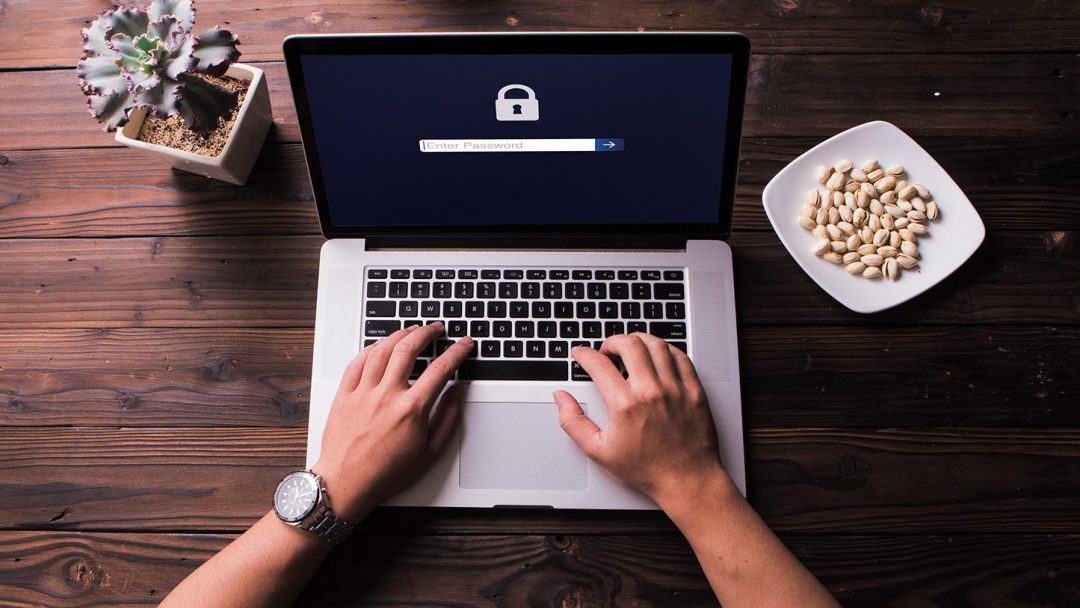How to Create Strong & Secure Passwords

Some websites need you to sign up and register for an account before you can access its content. Aside from using your Google or Facebook account, they may need you to create one using your email address and a password.
One common mistake among users is they constantly use the same password for all their accounts. So, if one of their accounts gets leaked, their other accounts are also affected.
Here are some tips and tricks for creating strong and secure passwords:
1. DO NOT USE letters and numbers in sequence (ex: qwerty, abcde, 12345, asdf). They’re easy for us to remember, but they’re also very easy to guess.
2. NEVER use your birth date. We know it’s easy to remember this too, but it will also be easy for others to crack your password, especially if your birth date information is available online.
3. COMBINE letters, numbers and symbols into a password that has at least eight characters. Having different combinations will make your password tougher to crack.
4. REFRAIN from using your name. Some websites have this kind of catch error to prevent you from using a part of your name as your password.
5. DON’T use any of your personal information. Cyber thieves can easily check these details online. Steer clear from using your family members’ names and birthdays, pet names, addresses, or hobbies.
6. AVOID using common passwords. Such as P@$$w0rd, password, 1234567890, ioveyou, etc.
7. STOP reusing your passwords. Every time you create a new password, make sure it is not the same as or similar to a previously used one.
8. STRONGER passwords can also be a long passphrase where you combine multiple words into a long string of at least 15 characters (ex: correcthorsebatterystaple, randommousebottlepickle).
9. USE a password manager and a password generator. Do not write passwords on notepads or sticky notes.
Your password choices are your first line of defense against hackers and cyber attacks. It is up to you if you want your account to be easily compromised or securely protected. Strengthen the security of your online accounts by strengthening your passwords.